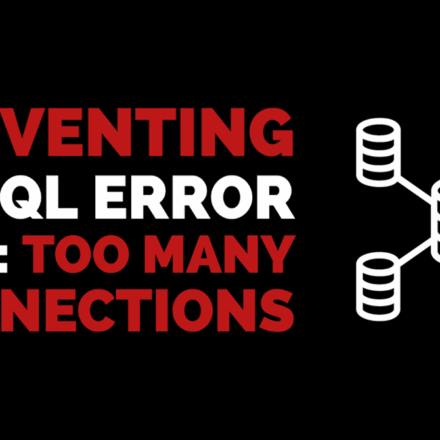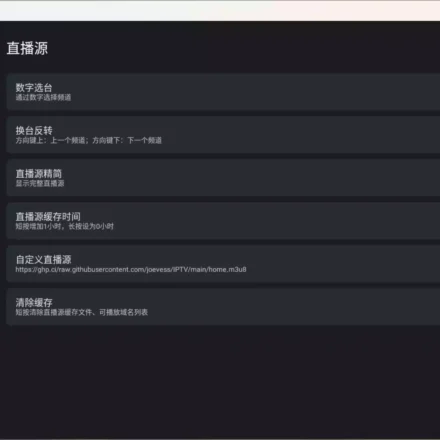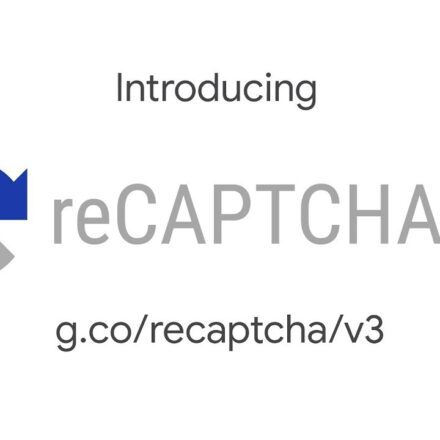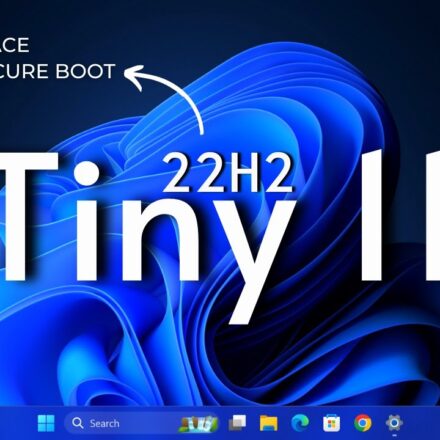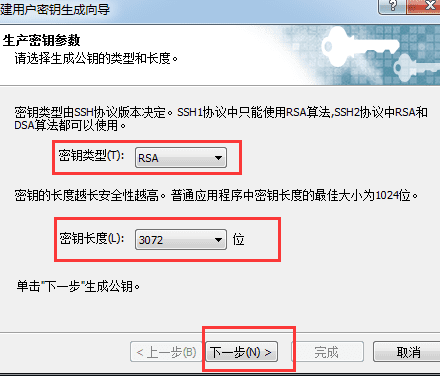Excellent software and practical tutorials
Debit Card: No overdraft. The interest on deposits is calculated based on the current interest. It can be used for automatic regular deductions and transfers for water, electricity, and gas.
Debit Card:As the name implies, savings cards are mainly used for "savings" assets. It is a type of debit card, which is equivalent to the passbook commonly used in the 1990s, with only basic deposit, withdrawal, transfer and other functions.
credit card(Credit card): You can overdraw. There is a certain credit limit, within which you can consume first and repay later, and there is an interest-free period (up to 56 days), during which deposits are interest-free, and withdrawals are subject to handling fees.
Credit cards are divided into debit cards and quasi-credit cards:
A credit card is a card that allows the holder to spend within a certain credit limit before paying back the balance. A quasi-credit card is a quasi-credit card that requires the holder to deposit a certain amount of petty cash. When the balance in the petty cash account is insufficient to pay, the holder can overdraw within the prescribed credit limit. The so-called credit card generally refers to a debit card.
Traditionally, a quasi-credit card means that the cardholder must first deposit a certain amount of petty cash in accordance with the requirements of the issuing bank. When the balance in the petty cash account is insufficient to pay, the cardholder can overdraw within the credit limit specified by the issuing bank, but interest will be charged on the overdrawn portion from the date of the overdrawn amount, and there will be no interest-free period.
In recent years, some banks have launched a new quasi-credit card, which not only does not require a reserve fee when applying, but also enjoys an interest-free period like a credit card. This new generation of quasi-credit cards combines the advantages of credit cards and debit cards. Not only can it be used as a credit card, but it can also enjoy an interest-free period when overdrawing, and has multiple functions of a debit card.
It can be said that a credit card is a credit card in a narrow sense, which is available both at home and abroad and is very common. However, a quasi-credit card is a card that is only available in my country. Although it is not common, its appearance has laid a foundation for credit cards that cannot be underestimated.
Debit cards have the same security protections as credit cards. If you lose your debit card or suspect it has been stolen, you should report it to your bank immediately to prevent someone from using it unauthorizedly and minimize the loss. Remember: Although the issuer provides you with consumer protection, this does not mean you can ignore your debit card; debit cards should be kept safe just like money in your bank account.
Finally, if it is your first time to apply for a credit card, I suggest you apply for a credit card from one of China's five largest banks. Their services are not only very good, but also relatively safer.



